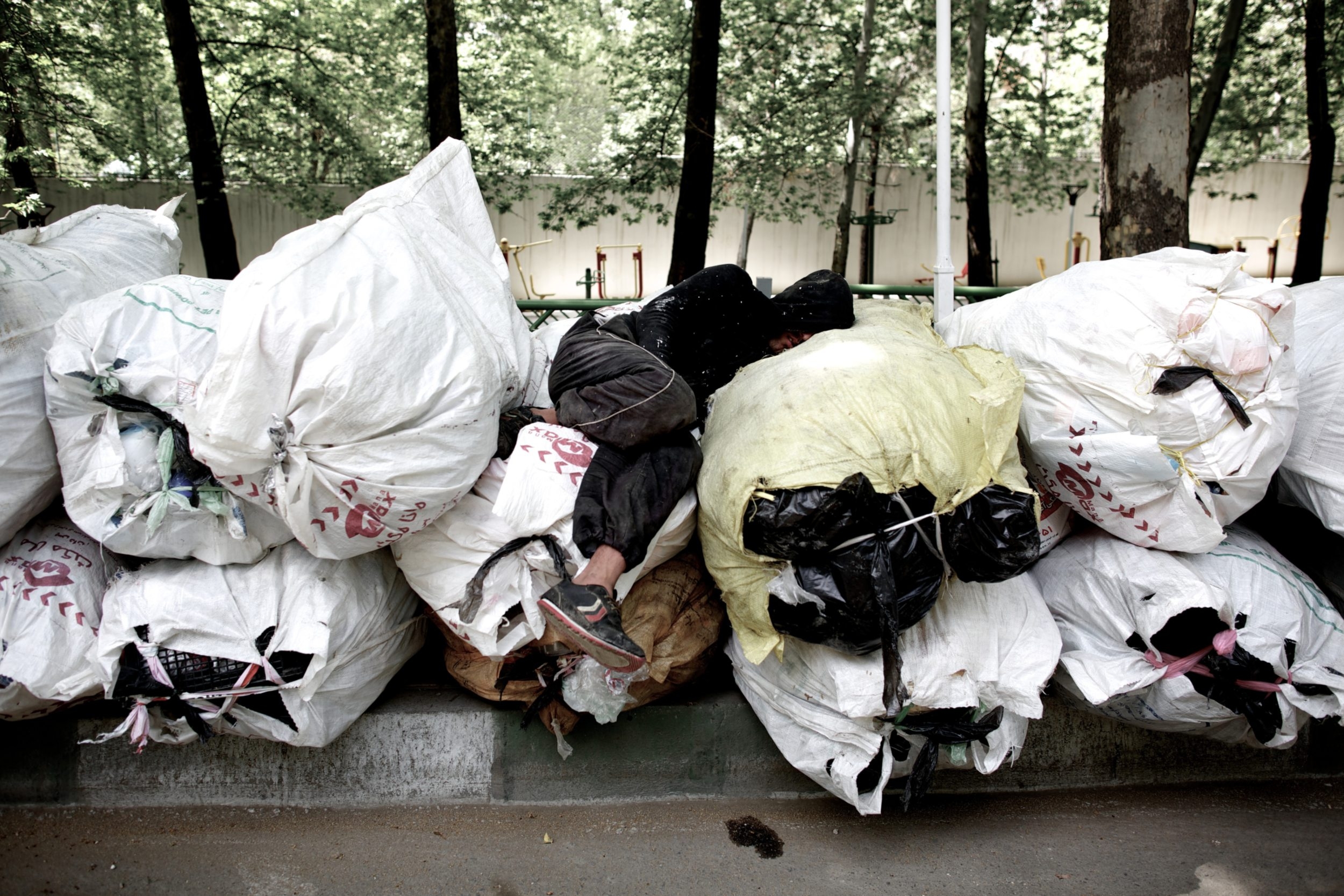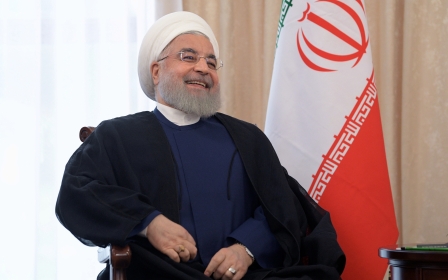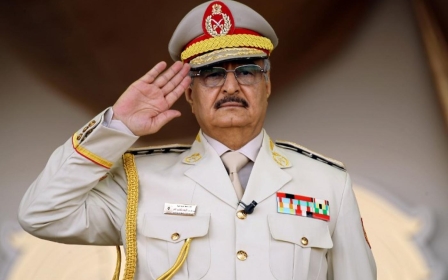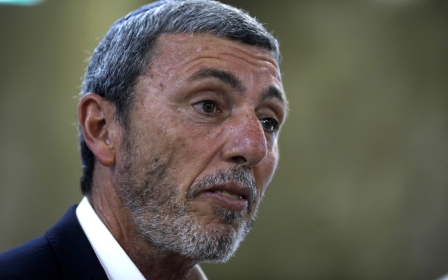Iranian press review: Reformist sentenced to prison for calling 2009 elections rigged

Two-year sentence for questioning validity of 2009 election
Mohammadreza Khatami, a prominent reformist figure and a former deputy speaker of the Iranian parliament, was sentenced to a two-year prison term for saying the 2009 presidential elections - which were won by incumbent President Mahmoud Ahmadinejad - were rigged.
On 6 July, Fars news agency, a news outlet close to the Iranian Revolutionary Guard Corps, reported that a court order was handed to Khatami informing him that he had been convicted of charges including "spreading lies" and "disturbing public opinion".
The order was issued by a lower court and Khatami, who is the brother of former president, Mohammed Khatami, can appeal the decision.
Ahmadinejad’s electoral victory in 2009 triggered mass protests in Tehran and other Iranian cities that became known as the Green Movement. In a 2018 interview, Khatami said that eight million rigged votes were cast in favour of Ahmadinejad in 2009.
New MEE newsletter: Jerusalem Dispatch
Sign up to get the latest insights and analysis on Israel-Palestine, alongside Turkey Unpacked and other MEE newsletters
Conservative legislator Ali Motahari condemned the order in an Instagram post, saying that “we should not react to the decriers of the 2009 elections in a similar way that European countries react to those who question the Holocaust”.
“If someone believes that the 2009 presidential elections were rigged and expresses their belief, why should they be tried?” Motahari asked.
Iranian movie stars raise awareness about child scavengers
Iranian movie stars have joined a campaign to raise awareness about the living and working conditions of children who work in Iranian cities as unofficial rubbish recyclers.
On 3 July, Iranian actress Parinaz Izadyar urged members of the Islamic City Council of Tehran to find a solution for the rising number of children - many believed to be Afghan refugees - working as scavengers.
“We have a request for you,” Izadyar wrote on Instagram. “On one of these hot summer days, leave your seats - we will also join you - and put your head in one of the city’s garbage bins. No need to even put your hand in the bins. And then if you could tolerate it, if you could breathe, if you stayed alive, then forget it all and go after your life.”
On 24 June, Kambize Dirbaz, another Iranian artist, penned an open letter to Tehran’s mayor calling for tangible steps to be taken to solve the issue of children working in the unofficial waste recycling business, which he referred to as a market of dirty gold in the hands of the mafia.
In his letter, Dirbaz quoted an NGO report estimating that the number of child scavengers in Tehran was over 4,700.
Iran finally bans cryptocurrency trading
Iran’s central bank has put a legal ban on the sale and purchase of cryptocurrencies in the country, after months of disagreement among high-ranking politicians and economists over the measures to be taken to control cryptocurrency trading.
On 8 July, Nasser Hakimi, the deputy governor for new technologies at the Central Bank of Iran, told Tasnim news agency that Iranian authorities would take full control of all activities related to Bitcoin trading.
Hakimi warned Iranians to stay away from this market, adding that “this market has high risks and we strongly advise people not to take part in this game”.
However, he stressed that the new ban does not forbid cryptocurrency mining in the country. Mining has risen sharply in Iran after the country’s banking system was disconnected from international banking due to US sanctions.
Hakimi also announced that the Central Bank of Iran and President Hassan Rouhani’s cabinet economic commission were jointly working on instructions to design necessary policies regarding cryptocurrencies.
Iranian ‘king of accommodations’ owns 2,500 empty apartments in Tehran
Iranian lawmaker Zahra Saeedi Mobarakeh has unveiled the state of the mafia-like real estate market in Tehran, revealing that some studies estimate that 2,500 buildings out of 7,500 constructed in Tehran “belong to one person who has kept all of those out of the market”, Tasnim news agency reported.
Mobarakeh did not disclose the identity of the owner of these 2,500 buildings - who was nicknamed ‘the king of accommodations’ by Iranian media - nor did she explain the timespan in which these buildings were built and kept off the market.
She added that while 10.5 million residential units were constructed in Iran between 2006 and 2016, only 2.4 million of these units were in use.
Real estate investment - along with gold and foreign currency purchases - is one of the few safe investments for Iranians afraid of the devaluation of the Iranian rial. In recent years, the rial has been constantly losing value due to sanctions, forcing average citizens to find alternative paths of investment other than saving their earnings in banks.
The parliamentary economic committee, of which Mobarakeh is a member, has been planning to pass a new law obliging the owners of empty apartments to pay taxes. According to current law, empty apartments are exempt from taxation.
According to Mobarakeh, the majority of owners of empty flats in Iran are not ordinary people, but well-connected ones who can affect rent levels and prices in the market.
*The Iranian press review is a digest of reports that are not independently verified as accurate by Middle East Eye.
Middle East Eye delivers independent and unrivalled coverage and analysis of the Middle East, North Africa and beyond. To learn more about republishing this content and the associated fees, please fill out this form. More about MEE can be found here.




